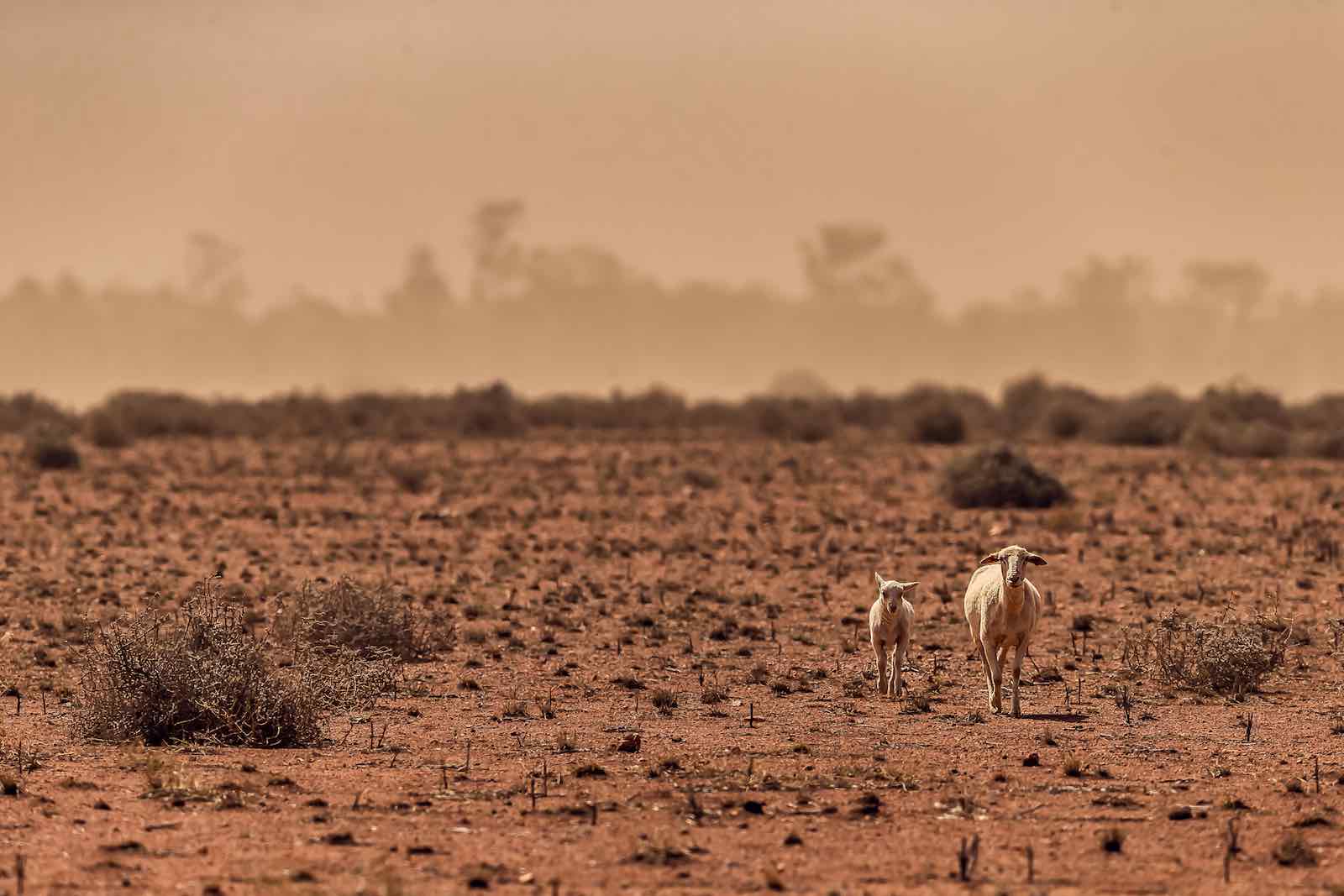



Article by: Hari Yellina
In the most recent Intergovernmental Panel on Climate Change report, scientists warned of a short and quickly closing window to avoid global warming from surpassing the Paris Agreement. The IPCC found that meeting the 1.5 degree limit on global warming will be impossible unless greenhouse-gas emission reduction objectives that are presently not being pursued are adopted. The report, which was postponed in getting all governments’ approval until late Monday, determined that all countries and sectors must act faster to decrease emissions, and that Australia has a lot of potential to help. United Nations Secretary-General Antonio Guterres said investing in new fossil energy infrastructure was moral and economic lunacy in a post-report address.
Mr Guterres stated, “Some government and business leaders say one thing and do another.” “To put it bluntly, they’re lying.” To keep within 1.5 degrees of warming, scientists calculated that annual CO2 emissions would need to be cut by 48% globally by 2030 and reach net zero by 2050, based on more than 59,000 reports. According to the IPCC, methane emissions must be decreased by a third by 2030 and nearly halved by 2050 to keep global warming below 1.5 degrees. Agriculture and forestry can reduce emissions at a massive scale while also removing and storing carbon dioxide. However, the analysis revealed that land cannot compensate for delayed emissions reductions in other sectors.
Professor Frank Jotzo, a lead author on the report and based at the Australian National University Crawford School of Public Policy said the temperature rise had currently reached 1.1 degrees and any reasonable judgement indicated action was not occurring fast enough to stop the 1.5 degree trajectory. He believes that a reduction of 50 per cent was possible by 2030 and 25 per cent reduction was possible with “bearable economic effort.” “It’s because clean technology have gotten so much cheaper,” he explained. “Another factor is that many countries have implemented regulations to reduce greenhouse gas emissions, and these policies are working.” “So the forecast isn’t very rosy, but it’s a lot better than what we expected just a few years ago.”
Professor Jotzo stated that Australia was one of the most vulnerable developed countries to future climate change. “Australia’s climate is incredibly changeable,” he said, “and we’re seeing that with the series of fires and floods.” Agricultural growth conditions are fragile in many regions of the country, and climatic change tends to worsen all of these issues. The current IPCC report, according to Professor Mark Howden, vice-chair of IPCC Working Group 2 and director of the ANU Institute for Climate, Energy and Disaster Solutions, “rounds up the crucial facts needed to make educated, swift, and massive adjustments.” According to Professor Howden, the report revealed that technological and governance solutions for cost-effectively reducing emissions were available. “It’s obvious than ever before that taking significant action on climate change is far less expensive than doing nothing.”